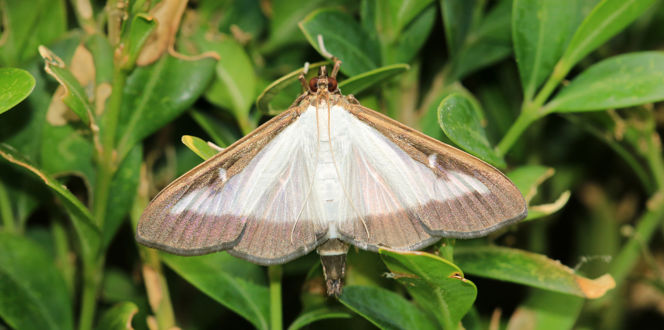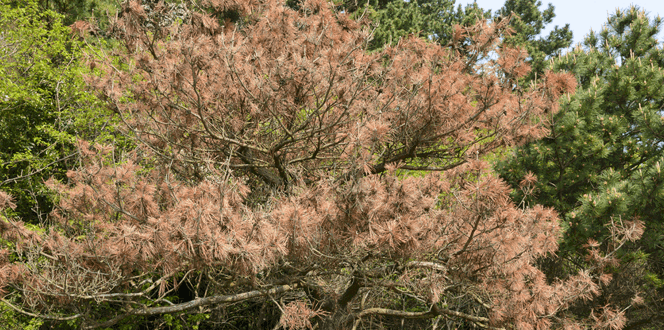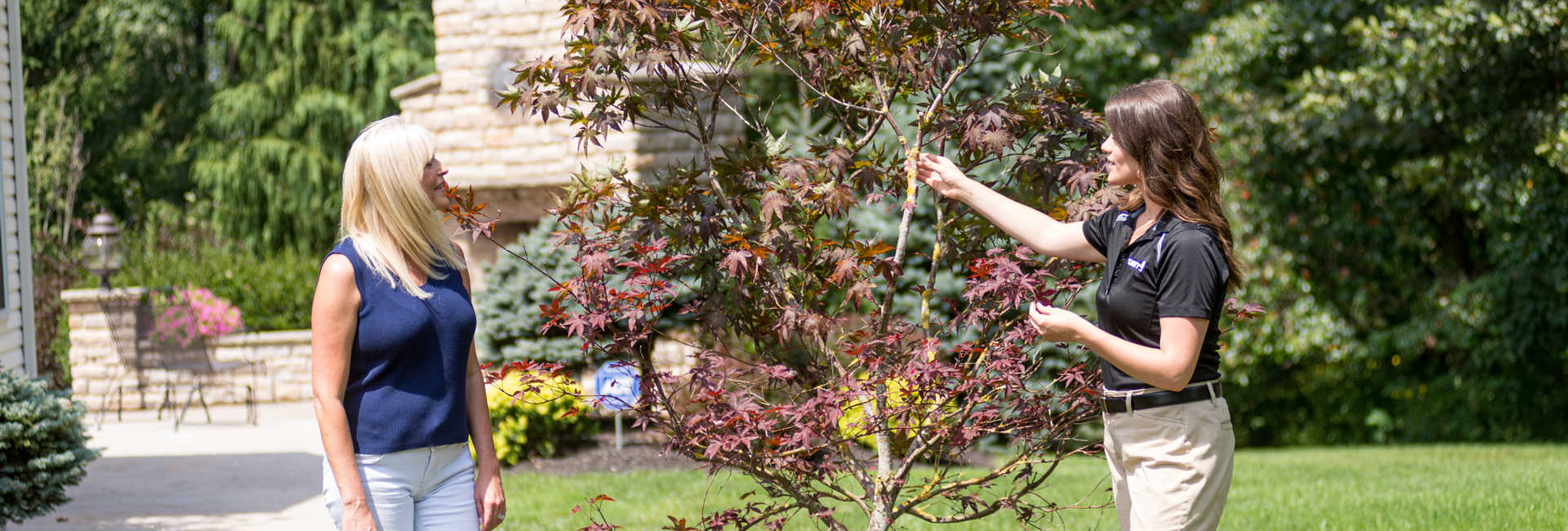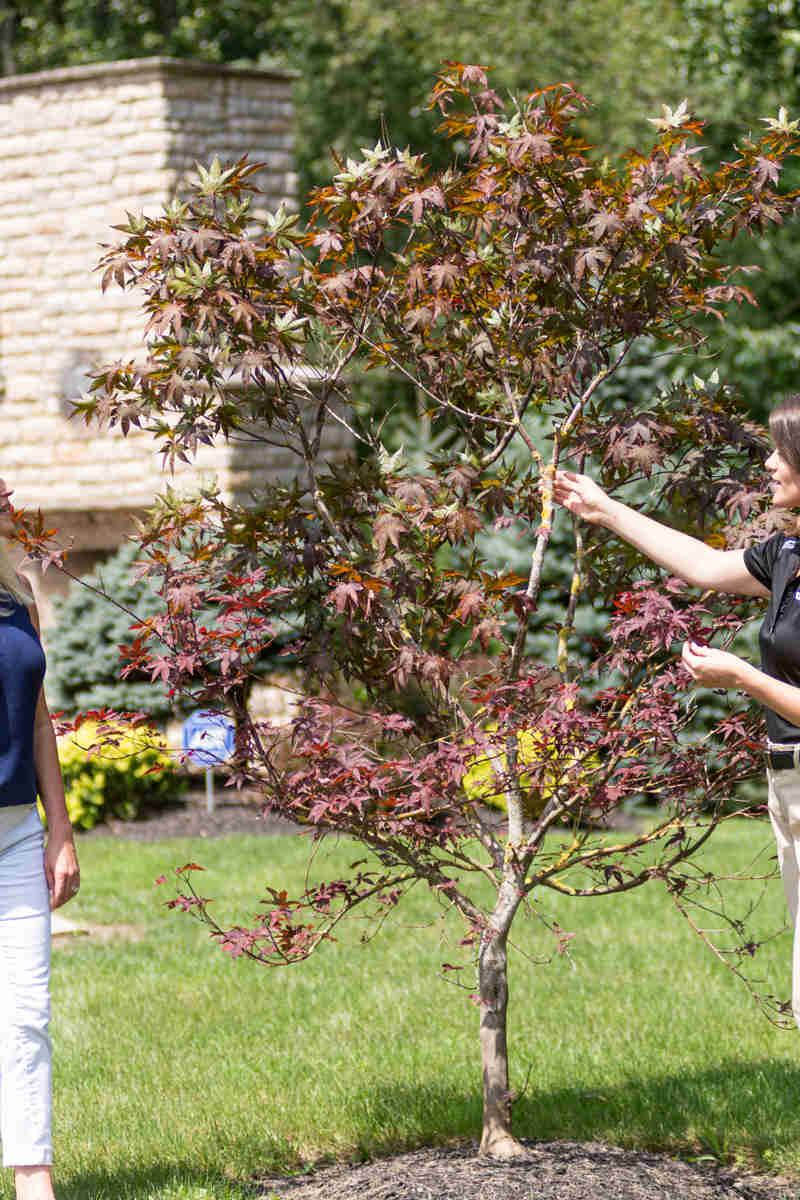Scale Insect Description:
Scales are sap-sucking insects common on backyard trees and ornamental shrubs. These pests are mostly immobile and appear similar to shell-like bumps rather than insects.
Hosts:
All woody plants may be susceptible to scale infestations.
Biology & Symptoms:
Scale insects are not mobile during most of their lives and blend into the bark or leaf tissue of the tree. They anchor themselves into the vascular tissue of leaves with their threadlike mouthparts. Symptoms of scale insect infestations include undersized, yellow-mottled leaves and canopy thinning due to leaf drop and branch dieback and potentially the death of the entire plant. There are two groups of scale insects:
1. Armored scale: Flatter and smaller than soft scales, these insects have wax pores over their bodies that create a waxy armor that covers the actual body of the insect. Lengthwise, they are 1/8 to 1/4 inches. Female armored scales produce up to 50 eggs a season.
There are 300 species of armored scale including:
- gloomy scale
- pine needle scale
- euonymus scale
- oyster shell scale
2. Soft scale: These scales are larger (1/4 to 1/2 inches long), compared to armored scales. Their round shape may be covered with a granular, waxy substance. These insects absorb a lot of sap and they excrete this sap as a sticky substance called “honeydew” or “ghost rain.” Homeowners notice the honeydew when they say that their tree is “weeping” or dripping. In addition to honeydew, the infested tree may also have sooty mold, a fungus that develops because of the honeydews’ high sugar content. Soft scale females lay 1,000–2,000 eggs and produce only one generation per year.
A tree may become re-infested if control methods don’t kill all of the female insects. There are approximately 85 soft scale species in the United States such as:
- oak lecanium
- cottony maple scale
- pine tortoise scale
- magnolia scale
Management:
Dormant oil will kill most armored and soft scale insects that are in the susceptible stage. They tend to be more effective against soft scales. Traditional pesticides are used on scale insects, such as pine needles and oyster shell scales, that are not controlled with dormant oil. Pesticides should be applied when the nymphs are emerging from their eggs and during the second instar stage. Several different approaches are available, depending on the situation. For example, soil-applied systemic insecticides may provide season-long control. If trees have large-scale populations, it may take several applications over a period of years to fully control these pests.





